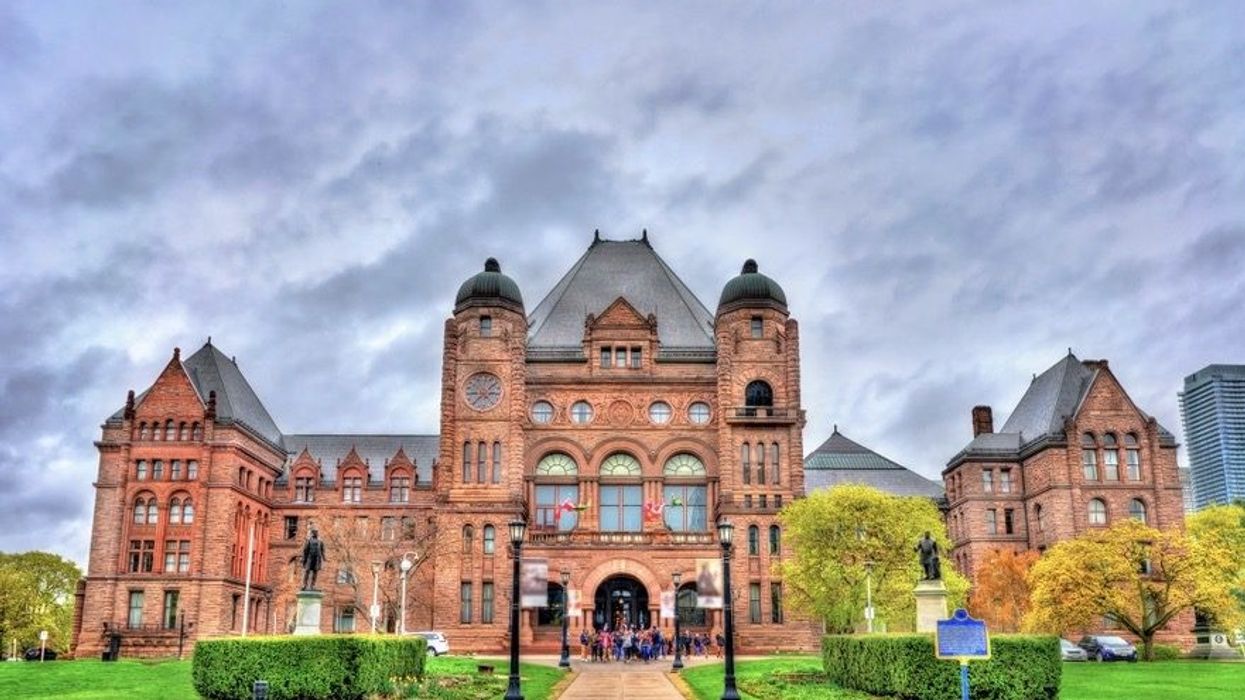The Ontario provincial government announced today the increasing of the Non-Resident Speculation Tax to 20%, and expanding the tax province-wide, in efforts to fight tax avoidance in the housing market. The tax will be effective on binding agreements to purchase and sales made on or after March 30.
Currently, the NRST -- frequently referred to as a “foreign buyer’s tax” -- is 15% and applies only to homes purchased within the Greater Golden Horseshoe Region (GGH) by foreign nationals, corporations, and taxable trustees. The province says that by upping the tax and widening its reach, it will dissuade speculative activity in the market from non-resident investors, thereby improving housing affordability for Ontario residents.
READ: New Ontario Data Standard Will "Even the Playing Field" For Housing Development Approvals
The recent changes make Ontario’s NRST the most comprehensive in Canada, and come as the province prepares to announce the next components of its housing supply action plan. Only newcomers who commit to living in the province long-term (applying to become a permanent resident or citizen within four years of their home purchase) will be eligible for NRST tax relief. New permanent residents of Canada -- including foreign nationals studying and working in Ontario -- and other eligible newcomers will be able to apply for rebates and other exemptions.
“Our government is taking action to bring home ownership within reach for more hardworking Ontario families, and I look forward to sharing our plan in the near future,” said Steve Clark, Minister of Municipal Affairs and Housing. “There is no silver bullet to solving the housing crisis. Addressing the housing supply crisis is a long-term strategy that requires long-term commitment and coordination with our partners and between all levels of government."
The province says the move to strengthen the tax is based on feedback received from the Ontario-Municipal Housing Summit and Rural Housing Roundtable, and will continue to work with all three levels of government to address the national housing shortage.
Foreign speculation has long been a hot-button issue in Canada; in August 2016, a 15% tax was implemented in British Columbia for foreign purchasers of real estate in Metro Vancouver. In 2018, that tax was increased to 20%, and expanded to include the Fraser Valley, Capital, Nanaimo, and Central Okanagan Regional Districts.
At the federal level, a two-year ban on foreign purchasers had been proposed by the current Liberal government at election time, but has since been voted down.
“Young families, seniors and workers are desperate for housing that meets their needs. But a lack of supply and rising costs have put the dream of home ownership out of reach for too many families in the province,” said Peter Bethlenfalvy, Minister of Finance. “That is why our government is adopting the most comprehensive Non-Resident Speculation Tax in the country. Our government is working to increase supply and help keep costs low for Ontario families and homebuyers, not foreign speculators looking to turn a quick profit.”





















